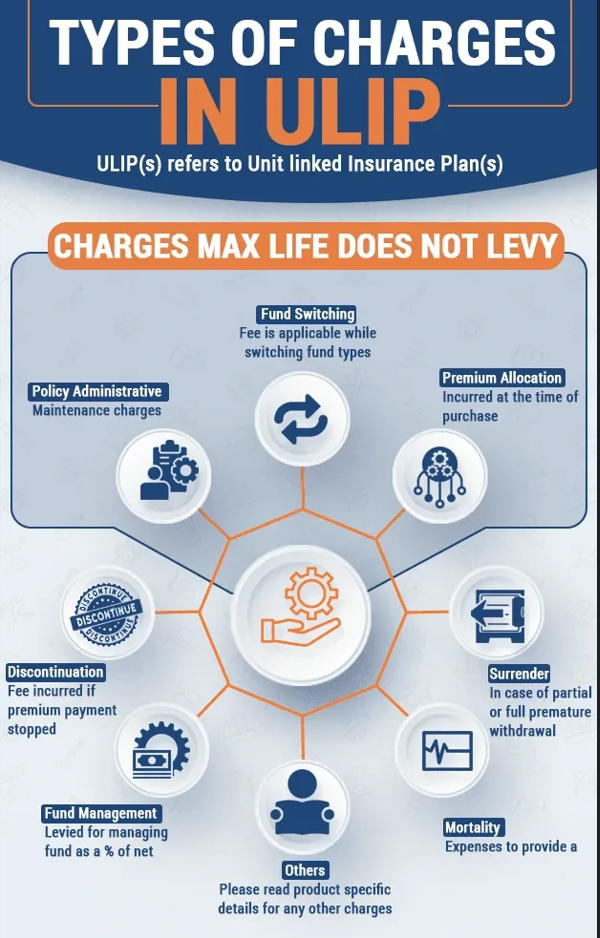Spelling
relief for thousands of property owners in the Delhi city, the Delhi high court
(HC) has struck down a controversial circular of the state government that
restricted property transaction via general power of attorney (GPoA)..
Justice
Mr. Rajiv Shakdher faulted the state government for wrong interpretation of a
landmark 2011 Supreme Court on the issue of power of attorney (GPoA), pointing
out the apex court never issued a blanket ban on registration by taking
recourse to a GPoA. The circular had created massive confusion among property
owners who had to regularize their property through a fresh sale deed and pay
stamp duty.
"The
Supreme Court has not said that in no case a conveyance can be registered by
taking recourse to a GPoA. As long as the transaction is genuine, the same will
have to be registered by the Sub - Registrar. There is distinctly a specific
reference to the fact that, a person may enter into a development agreement
with a land developer or / builder for development of a parcel of land or for
construction of apartments in a building, and for this purpose a power of
attorney to execute sale agreements, can be executed," the court observed.
In
October 2011, the Supreme Court had ruled that sale transactions carried in the
name of GPA will have no legal sanctity and immovable property can be sold or
transferred only through registered deeds.
Last
year, the state government came out with a circular banning sale of property on
the basis of a GPA, a will, and agreement to sell, collectively or separately
in respect of an immovable property.
"No
transfer of property will take place until a clear sale deed is executed and
duly registered by the executants in the office of the Registrar / or
Sub-Registrar," the circular stated, with the government claiming it
issued it in "strict adherence to Supreme Court ruling" on property
transactions.
The
government had clarified that property transactions involving GPoA, done after
the Supreme Court order of October 2011 would not be null and void & property
holders can "regularize" them by paying the difference in the stamp
duty.
High
Court's order came on the petition of a builder who had entered into a property
transaction in south Delhi by way of a GPoA. The builder highlighted how the
government's circular failed to make a distinction between registration of a
genuine GPoA and those done to evade stamp duty.






























